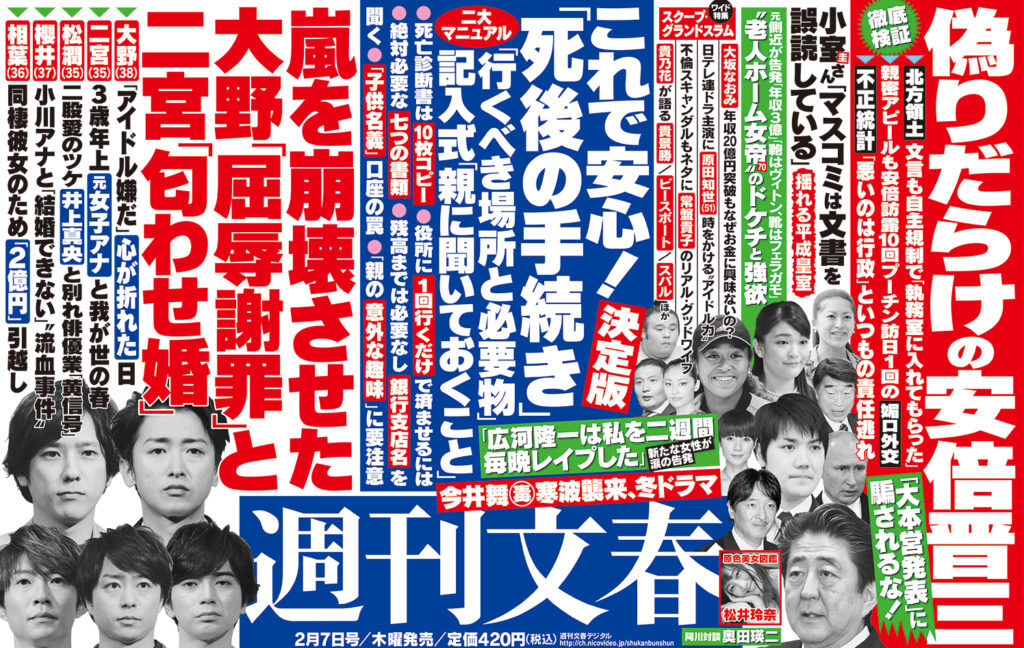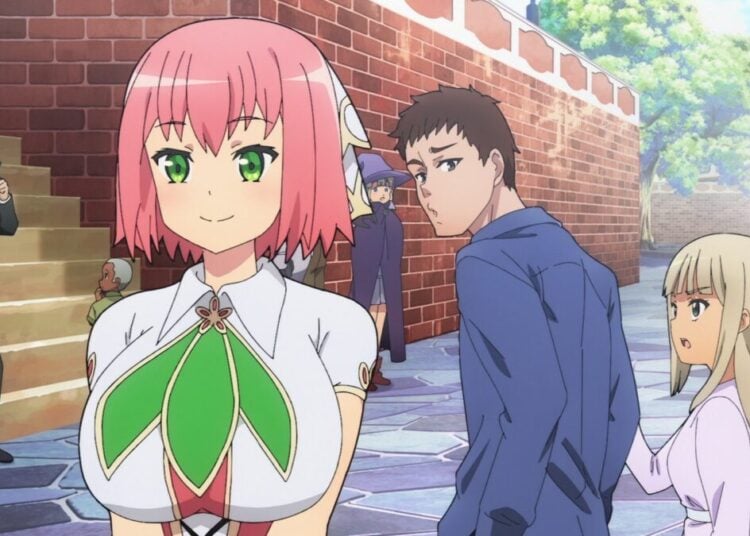I love the Internet, and consider it to be the greatest gif to humanity since electricity. It allows me to live in semi-rural Gunma Prefecture, a place of no small inconvenience when I first came here in 1991, yet feel instantly connected to people all over the world. I’m able to chat with family members and friends anytime I want, share ideas and anime recommendations with random people all over the world, and order rare and delicious foods like Cool Ranch Doritos through Amazon, something I would have killed for back in the early 90s. Although the Internet works the same in Japan as it does all over the world, there are some unique differences in the local Internet culture, including the fact that there’s no traditional meme culture in Japan. 
Culture is what all of us create when we organize ourselves into groups, whether it’s in the real world or online communities. Naturally, each group is different, bringing different things to the table depending on the purpose and members of each community. Let’s look at some of the unique aspects of Japan’s internet culture now!
There’s No Meme Culture in Japan
I share a lot of anime-related memes on J-List’s Twitter and Facebook pages, having fun with other anime fans and promoting new products we’ve posted to the site. Memes are great because they communicate an idea immediately, without the need for language processing, and always come with some amusing “kick” that makes us smile.
The funny thing is, all of what you or I would recognize as standard meme culture is pretty much nonexistent in Japan. When you google ミーム in Japanese you get almost no results, or maybe some Japanese translations of classic Western memes from the past made by people trying to make memes a thing among Japanese net users, then giving up in frustration.
Of course, anime meme culture in Japan does exist, but the memes are generally not known to you or me, because they’re based on the Japanese language, and memes don’t translate well. While “over 9000” is probably the most famous single phrase in the history of dubbed anime, it’s totally unknown to the Japanese (actually the original line was “over 8000”). Here’s a blog post about the most famous memes based on famous Japanese anime phrases pretty much all Japanese are familiar with, but which English-speaking fans would generally not know.
Reaction Image Culture is Not a Thing
I have *a lot* of reaction images in a folder that’s accessible from any computing device I own, and whether I’m replying to followers on Twitter or responding to my family, I’ve got the perfect reaction picture for any situation. It’s pretty much like this.

Supposedly this isn’t a thing in Japan, and Mrs. J-List is always amazed at the original responses I send to her. Sometimes she asks me to show her how to save them to her iPad so she can send them as reactions to her circle of Line friends.
This morning she told me, “My friends love the animated gifs you always send me, and their high school-aged daughters are even more impressed since no one does this in Japan. People in Japan always send the same old boring Line stickers to each other, and there’s no originality. You should start a new business selling these gifs to young Japanese internet users!”
Since I’m already plenty busy running J-List, I’ll pass on her suggestion, though I thought I’d toss her idea out to everyone reading this in case you wanted to take a stab at it!

“Cancel Culture” Works Differently in Japan
One of the best things about the Japanese internet is that many of the negative aspects of the Internet related to politics and “rage mobs” are generally not a thing, and people are generally more polite to each other online. While fans organizing to “cancel” famous personas isn’t part of the Japanese Internet, there are certain things that can end a person’s career pretty quickly. Some of these include:
- Being arrested for a crime such as possession of illegal drugs or committing domestic violence against a spouse will end the career of actors or singers pretty quickly because no company will ever want to be associated with that person in the future. When Gainax president Tomohiro Maki was arrested for taking photos of teenaged girls he claimed to be “training for model work,” it pretty much ended the chance that we’ll see anything new from that studio again. Happily, the soul of Gainax lives on in Khara and Trigger.
- Any artist found to have traced artwork has violated a strange taboo in Japanese artist culture, and will find themselves out of a job in short order. Unfortunately, this happened to No Game No Life artist Yuu Kamiya, who was found to have been tracing the works of various artists, effectively ending the chances of the second season of that anime.
- One of the things I like least about Japan is the way the media is ready to pounce on any famous actor, singer, or “talent” found to be in a relationship with someone who isn’t their designated spouse. Adultery is considered a huge no-no in Japan, and if it becomes known that a famous person has been stepping out, both the media and fans will tear them to shreds. This happened to popular actress Becky, who boasted that she was so dedicated to her career she would never make time to date anyone. When it emerged that she was in a relationship with a married man, she had to make a tearful apology to the nation, and her career was put on hold for six months. Despite being otherwise flexible about many areas of sex, the national obsession with adultery is quite confusing to me.
Thanks for reading this post about meme culture in Japan and how it works differently in the West. Got any questions about Japan, or topics you’d like us to write about here? Post them below, or tell us on Twitter!
J-List’s sister company J18 Publishing keeps on bringing out amazing hentai doujinshi which are 100% uncensored and fully translated to English. The newest release is a great one about a teacher who has an amazing experience with his student. The book is in stock in San Diego now!






















